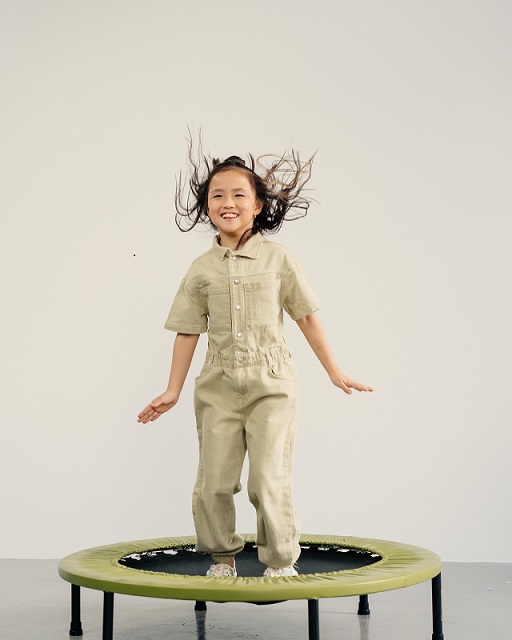Believe it or not, only one in three children are receiving the recommended amount of exercise on a daily basis. So, it is no great surprise that the western world is currently in the midst of an obesity epidemic. Exercise can help to promote physical health, to enhance self-confidence and it can even represent a means to develop long-term friendships. The only issue here is that such habits can be slightly difficult to develop.

How can parents and teachers encourage children to adopt this type of healthy lifestyle? Let’s take a look at some sure-fire suggestions so that the proper “game plan” can be adopted at a relatively early stage.
Exercise Does not Have to be Boring
Adding a bit of fun into an exercise session is an excellent way to keep children mentally stimulated for longer periods of time. Examples include playing their favourite music, taking a walking tour of the local zoo or enjoying a few rounds at a nearby miniature golf course.
Encourage (Healthy) Competition
Even at a relatively early age, children will begin to display a slight competitive streak. There is nothing wrong with encouraging this mentality; as long as it does not come at the expense of others. Kids love to show off their talents and recognising this type of behaviour will generally cause their peers to do the same. This is also a perfect opportunity to use the Educater EYFS assessment guide to record how children react to such social stigma.
A Bit of Praise Goes a Long Way
Positive reinforcement is one of the most effective ways to encourage specific behaviours. This is just as relevant with exercise, as children who are praised for a job well done are more likely to willingly participate in the future. Within classroom settings, such an approach will likewise cause others to put in a conscientious effort in the hopes that similar recognition can be achieved. Of course, this strategy is also a powerful tool for parents due to the simple fact that they are the primary role models for their child.
Well-Deserved Rewards
An additional method highlighted by this article involves providing kids with some type of tangible reward when they reach a specific milestone. Fake Olympic medals and even functional equipment such as a pair of roller blades will inevitably appeal to their (slightly) materialistic side. Children who are given such gifts are also more likely to show them off with pride; a clear indication that they appreciate the results of their hard work and dedication.
Much like any other type of behaviour, exercise can become a habit if practiced over time. Young children who can learn to embrace this activity will be much less likely to experience health problems as they begin to grow. Furthermore, physically fit kids tend to be more extroverted and they display superior levels of self-confidence. These are both key traits that will come in handy later in life. After all, strength on the outside only comes after strength on the inside!